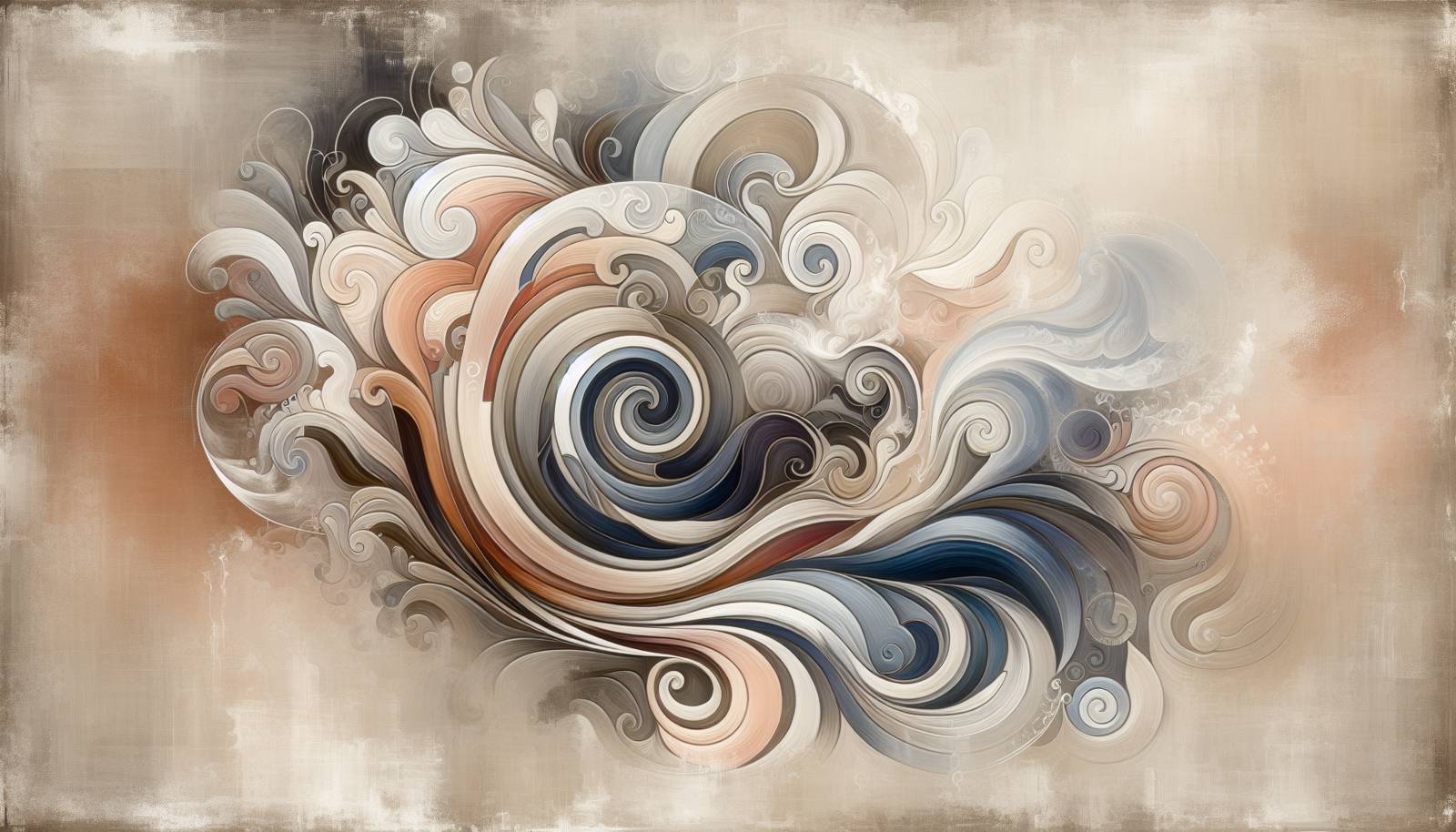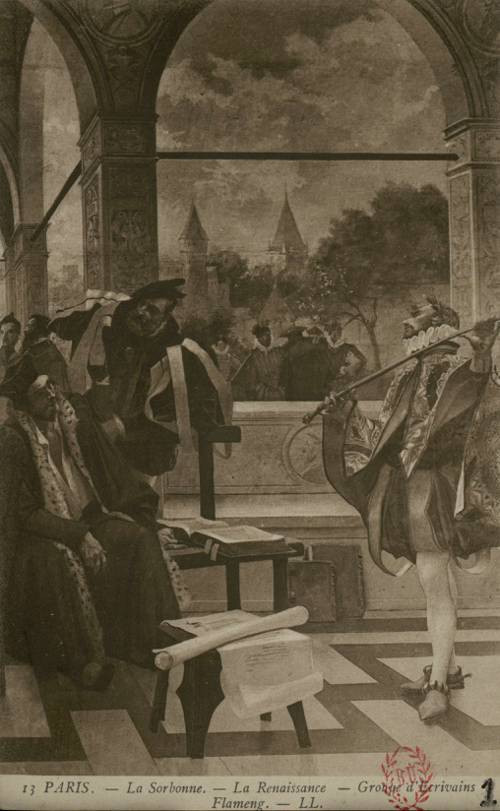
FAQ About The Influence of Renaissance Literature on Modern Western Thought

What is the Renaissance period, and why is it important?
The Renaissance was a cultural movement that began in Italy during the 14th century and spread across Europe, lasting until the 17th century. It signified a 'rebirth' of interest in classical learning and values from ancient Greece and Rome. This era is important because it laid the foundation for modern Western thought through advancements in art, science, and literature, as well as significant developments in philosophy and humanism.

How did Renaissance literature differ from medieval literature?
Renaissance literature marked a shift from the predominantly religious themes of medieval literature to a more human-centered approach. It explored human nature, individualism, and worldly experiences, drawing inspiration from classical sources. Authors like Dante, Petrarch, and Boccaccio brought a new depth to characters and narratives, focusing on human emotions and intellect.

Who were some major literary figures of the Renaissance?
Significant literary figures of the Renaissance include William Shakespeare, who is renowned for his plays and sonnets; Dante Alighieri, known for "The Divine Comedy"; Miguel de Cervantes, the author of "Don Quixote"; and Niccolò Machiavelli, famous for "The Prince." These writers not only influenced literature but also impacted philosophical thinking and cultural practices.

How did the printing press influence Renaissance literature?
The invention of the printing press by Johannes Gutenberg around 1440 revolutionized Renaissance literature by making books more accessible and affordable. This led to increased literacy rates and the spread of new ideas across Europe. The press enabled the wide dissemination of literary works, helping to democratize education and supporting the rise of individual thought.

What role did humanism play in Renaissance literature?
Humanism was a central theme in Renaissance literature. It emphasized the study of classical texts, focusing on human values and experiences. Humanist authors advocated for a return to the original sources of classical antiquity to understand human nature better. This approach fostered an environment that encouraged critical thinking and valued the dignity and worth of the individual.

How has Renaissance literature impacted modern Western philosophy?
Renaissance literature introduced ideas that led to a shift in thought patterns characteristic of modern Western philosophy. Its focus on individualism, human potential, and questioning traditional authority influenced later philosophical movements, such as the Enlightenment. Philosophers like John Locke and Jean-Jacques Rousseau drew from Renaissance humanist ideals to develop concepts of democracy, personal liberty, and the social contract.

In what ways did Renaissance literature affect modern Western cultural ideals?
Renaissance literature profoundly influenced modern Western cultural ideals by promoting themes of individualism, personal achievement, and the pursuit of knowledge. These themes encouraged cultural movements focused on self-expression, curiosity, and a revaluation of the arts and sciences. The Renaissance emphasis on human experiences contributed to the development of romanticism and other artistic movements.

What notable works from the Renaissance period still impact us today?
Many notable works from the Renaissance period continue to impact contemporary thought and culture. "The Divine Comedy" by Dante Alighieri, "Hamlet" and other plays by William Shakespeare, "The Prince" by Niccolò Machiavelli, and "Don Quixote" by Miguel de Cervantes are just a few examples. These works offer insights into human behavior and social structures that remain relevant today.

How did Renaissance authors use classical antiquity in their works?
Renaissance authors extensively used elements of classical antiquity, drawing inspiration from ancient Greek and Roman texts. They emulated classical literary forms, incorporated mythological themes, and emphasized rhetorical techniques. This revival of classical learning promoted the intellectual ideals of humanism, placing value on reason and individual thought.

Why is William Shakespeare considered a pivotal figure in Renaissance literature?
William Shakespeare is considered a pivotal figure in Renaissance literature due to his profound influence on the English language and literature. His works explored universal themes, complex characters, and innovative use of the language. Shakespeare's plays and sonnets have left an enduring legacy, shaping storytelling, drama, and poetry in the centuries that followed.

What impact did Renaissance literature have on early scientific thought?
Renaissance literature played a crucial role in shaping early scientific thought by fostering a spirit of inquiry and skepticism. The humanist emphasis on observation and analysis encouraged scientists like Galileo and Copernicus to question established doctrines and rely on empirical evidence. This shift laid the groundwork for the Scientific Revolution.

How did Renaissance literature contribute to the Reformation?
Renaissance literature contributed to the Reformation by promoting critical thinking and challenging established religious authorities. The democratization of knowledge through the printing press allowed for the spread of reformist ideas, exemplified by Martin Luther's writings. This questioning of Church practices led to significant religious and political transformations in Europe.

What themes were commonly explored in Renaissance literature?
Common themes in Renaissance literature included individualism, humanism, the nature of humanity, love, power, and the conflict between free will and fate. These themes reflected the era's intellectual pursuits and its shift away from purely religious topics towards more secular and existential inquiries.

How did Renaissance writers influence modern political thought?
Renaissance writers like Niccolò Machiavelli and Thomas More had a significant impact on modern political thought. Machiavelli's "The Prince" discussed political realism and strategies for maintaining power, influencing realist political theory. More's "Utopia" offered critiques of contemporary governance and presented ideas about social justice and communal living.

What role did women play in Renaissance literature?
Women in the Renaissance period made notable contributions to literature, although they often faced societal constraints. Writers like Christine de Pizan, who authored "The Book of the City of Ladies," challenged existing gender norms and advocated for the education and empowerment of women. Their works have lent historical insights into the lives and roles of women during the Renaissance.

How did the Renaissance concept of the "Renaissance Man" influence Western culture?
The "Renaissance Man" concept championed the idea of a well-rounded individual, proficient in a wide array of studies—from arts and literature to science and physical pursuits. This ideal influenced Western culture by encouraging the pursuit of knowledge across multiple disciplines, leading to an appreciation for diverse skills and talents.

How did Renaissance literature influence education?
Renaissance literature influenced education through its promotion of classical studies and the humanities, leading to a curriculum shift in schools and universities. Humanist texts emphasized the importance of rhetoric, grammar, poetry, history, and moral philosophy, forming the basis of a liberal arts education that remains integral to modern educational systems.

How did Renaissance literature challenge traditional religious views?
Renaissance literature often challenged traditional religious views by promoting human-centric ideals and secular inquiry. Writers explored themes of individuality and personal faith rather than solely adhering to institutional doctrine. This exploration laid the groundwork for future religious debates and the rise of personal interpretation in faith matters.

What technological advancements during the Renaissance supported its literature?
Technological advancements such as the development of the printing press and improvements in paper manufacturing greatly supported Renaissance literature. These technologies made books more widely available and affordable, facilitating the exchange of ideas and the spread of literacy, which was essential for the intellectual developments of the period.

Can Renaissance literature's influence be seen in today's global literature?
Yes, the influence of Renaissance literature is still evident in today's global literature. The themes explored, such as individualism and human experiences, continue to inspire modern writers. Additionally, narrative structures and character development techniques refined during the Renaissance period are foundational elements in contemporary storytelling across cultures.
